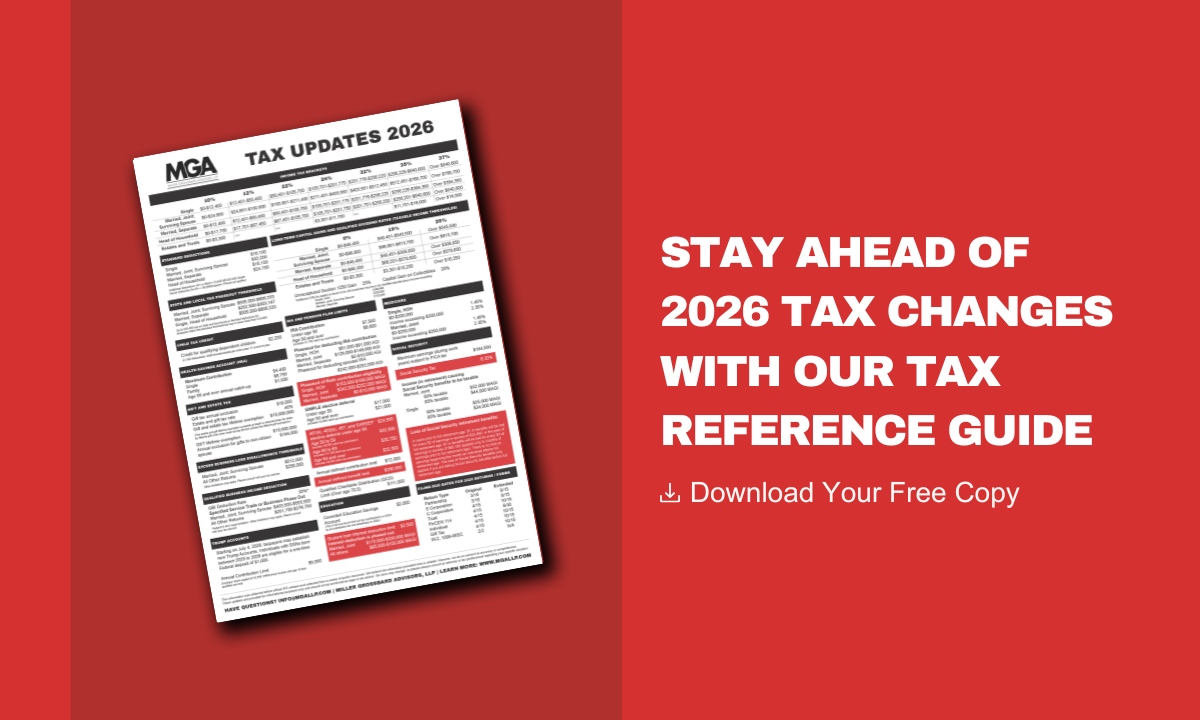Do YouTubers, bloggers, and other social media influencers need to file taxes? In short, yes. If you make money as an online influencer or content creator, even if it’s just a part-time or irregular source of income, it’s considered a business in the government’s eyes. Therefore, you need to file and pay taxes on the income you bring in.
Most influencers work as independent contractors for the companies they promote. This means they are considered self-employed, and therefore, they need to pay self-employment tax (Social Security and Medicare tax) and income tax. Even if you have another job that withholds taxes for you, you still have to pay self-employment tax on any income you bring in as an independent contractor. Don’t forget about your state obligations, too, which can be pretty complex as a social media influencer. If you work for any organizations outside your home state, you may be required to file multiple state tax returns.
Even if your online presence feels more like a side hobby than a formal business, it’s essential to treat it seriously and keep good records throughout the year. This will help you stay compliant and help you when it comes time to claim tax write-offs. Here are a few tax deductions that online influencers don’t want to miss.
Tax Write-Offs for YouTubers, Bloggers, Influencers, and Other Content Creators
- Content Creation Tools and Software
Did you know that you can deduct all the tools and technology used to produce and create your online content? Think commercial stock videos, music, and photos. The cost of purchasing high-end fonts. Audio and video equipment used to shoot or produce your high-quality content. Management tool subscriptions. Editing apps and software. And much more.
- Clothing and Beauty Products
Any clothing, accessories, or beauty products used to review or simply look your best while producing content can be expensed. This includes things sent to you from partners or third-party vendors.
- Phones and Accessories
Most online creators use their phones to run their social media accounts; aka do their work. You’re allowed to write off and expense the technology used to conduct business, meaning that your phone and phone accessories are partially deductible.
- Prizes and Giveaways
Any prizes or giveaways that you reward your followers with can be written off as long as they are “ordinary and necessary” for your job as an influencer.
- Website Expenses
Don’t forget to deduct all your website expenses, such as website hosting fees, plugins, stock images, themes, media licenses, web design work, etc.
- Education Expenses
Maybe you took an online course to learn how to grow your follower base. Or perhaps you attended a summit or workshop that was directly related to your profession. Any industry education expenses such as these are considered tax-deductible.
This is just a tiny glimpse. Influencers should work with an experienced CPA firm to ensure they’re getting all the tax benefits they’re entitled to.
The expenses highlighted above are just a tiny glimpse into the tax deductions available to social media influencers. You can also write off driving costs if you drive for a photoshoot or to review a particular restaurant. If you work from home and have a dedicated space that you work from, you can claim home office write-offs. You can also write off travel expenses related to your job, like plane tickets, car rentals, lodging expenses, meals while traveling, and more.
It’s important to work with an experienced, trusted CPA firm, especially as you start growing and making more money via social media. Our team at MGA can bring professional insight and make sure you cover all grounds related to your tax liabilities.
If we can help you, let’s talk!
We are here to make the complex simple.
.png?width=191&name=mgalogofinal-01%20(3).png)




